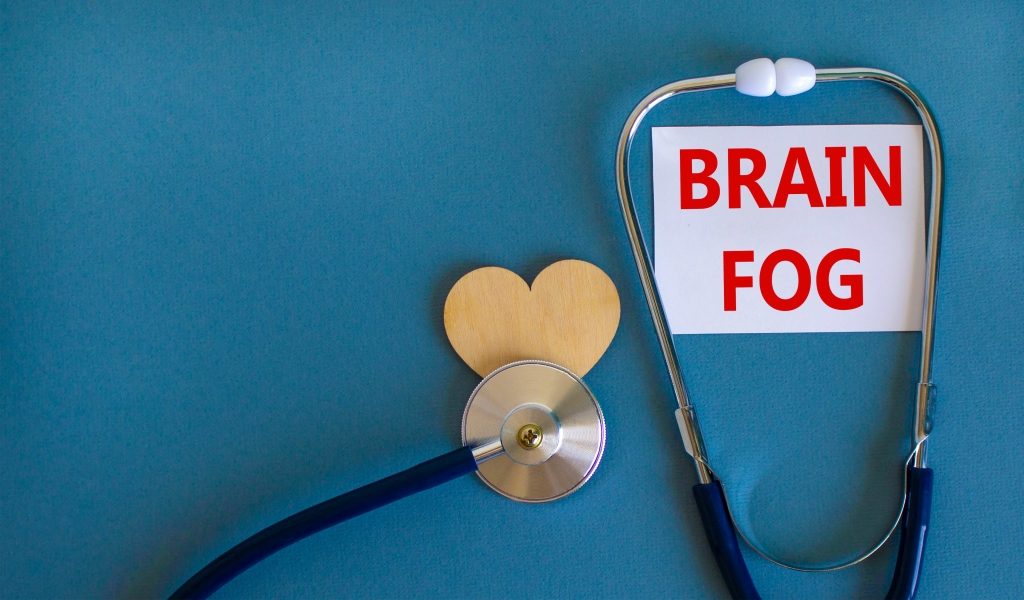Sober living
Psychedelic Therapies’ Role in Modern Mental Health Treatment University of Utah Health
Because there’s so much more that happened… (Smoking) just seems drug addiction treatment so petty compared to some of the stuff that was happening.” 83 psilocybin, smoking cessation. More broadly, outcomes were often seen beyond the realm of the initial diagnosis, and, in fact, participants often considered these other results to be more significant. I got the lesson that you need to go into the scary basement, once you get into it, there is no scary basement to go into (anymore).” 53 psilocybin, depression. “That place was um, serene and peaceful, and um, just such a burden was lifted from me.

The patient populatioN
Moreover, the comparative risks and benefits of MDMA and psilocybin versus other novel psychiatric treatments, such as ketamine and various neuromodulation techniques, remain unknown. Psilocybin, for example, has demonstrated rapid and sustained antidepressant effects without tolerance or dependence in trials so far. Compared with ketamine, whose effects wear off after a few weeks of treatment, often requiring repeated dosing and carrying the risk of dependence and tolerance, psilocybin may carry a more favorable risk–benefit profile, though more research is required to definitively determine this. For MDMA, one pontential major comparative advantage is its efficacy in dissociative PTSD, an area for which psychiatry has relatively few effective pharmacological treatments. Whether or not these effects will translate into a treatment of dissociation more generally remains unknown. Psychedelic plants have been used for celebratory, religious or healing purposes for thousands of years 1–3.
4.3. Applicability of Psychedelic Drugs
Some of the compounds that practitioners most frequently use in this form of treatment include psilocybin mushrooms, LSD, and mescaline (peyote). Despite the oft-reported ineffability (the inability to adequately verbalize the phenomenological content of their experiences), respondents in several studies did offer rather detailed descriptions of their experiences, as well as reflections on the intervention. Not all studies described phenomenological aspects of the acute experience; this is most likely related to the specific methodology used or the researchers’ areas of interest. Participants also reported improved mood, greater optimism, an increased emotional repertoire, and positive emotional changes 53, 78, 82, 84.

Search Strategy and Study Selection
MDMA is a synthetic amphetamine derivative with action on multiple neurotransmitter systems, including norepinephrine, serotonin, dopamine, and oxytocin. MDMA is in the subclass of psychedelics called “empathogens,” named for their ability to promote attachment, trust, empathy, and interpersonal connectedness 11. MDMA may cause subtle perceptual changes that are generally less intense than those caused by the classical psychedelics. It also affects emotional perception, making users slower to perceive anger in other people and producing stronger responses to positive emotions 12. To see whether a similar phenomenon could be detected in living brains, the team used mice engineered to make a protein that can bring serotonin into neurons.
- In two of the studies that provided a single psilocybin session, several patients expressed the wish for additional sessions 82, and one study reported that several patients actively sought out extramedical psilocybin sessions for this reason 53.
- Headlines declare a “new age for psychiatry” while political leaders from across the political spectrum have endorsed therapeutic access to these once maligned and still criminalized compounds 7, 8.
- The most notable of these is unfolding in Oregon, where in November 2020 voters approved a ballot initiative legalizing psilocybin and establishing a statewide system of psilocybin therapy clinics.
- Human psychedelic research fell into a 25-year hiatus before scientists in Germany (Hermle et al, 1992), the United States (Strassman and Qualls, 1994), and Switzerland (Vollenweider et al, 1997) began its revival.
But a reduction in FC between the default mode network and part of the hippocampus lasted for at least three weeks. This may reflect lasting changes in hippocampus circuits involved with the perception of self. Unpicking these sources of variability is not easy, but we think it is possible—and there are clear examples of movement towards deliberation, decision and action in concert across the field, potentially including checkpoints at the level of funders and journals. In table 1 we have suggested some tangible approaches (that would need to be enacted in combination) in the hope that this will help guide scientific discussion. A general challenge which further hampers discerning signal from noise is that trials tend to be small and underpowered.
Psychedelics And Mental Health: What Does The Science Say?
Here, a very recent view of the respective psychedelics may provide insight for further research accompanied by experiments in rodent models (Table 1) and clinical trials in patients (Table 2) with mental disorders (Figure 2). In addition to the financial burdens to the patients, understaffing of qualified psychotherapy practitioners is likely to be one of the biggest issues for nationwide implementation of psychedelic-assisted therapy. The FDA requires all U.S. therapists to have at least a master’s degree, and current best practices require a minimum of two therapists to be present during psychedelic sessions (288). Moreover, all the therapists who participate in the psilocybin and MDMA clinical development programs are required to hold a professional license and demonstrate clinical experience in psychotherapy or mental health counseling (288). Moreover, given that set and setting are well-known to influence the subjective effects of psychedelics (288, 297), clinical centers with appropriate facilities will need to be established. The lack of association between the use of psychedelics and indicators of mental health problems in this large population survey is consistent with clinical studies in which LSD or other psychedelics have been administered to healthy volunteers 13.

This promise, combined with psychedelics’ cultural and historical significance, has led psychedelic therapies to garner huge amounts of attention for a treatment that remains in an investigational stage. Psychedelic therapies are discussed on the front page of the New York Times 3, 4, best-selling popular books 5, documentaries 6, and beyond. Headlines declare a “new age for psychiatry” while political leaders from across the political spectrum have endorsed therapeutic access to these once maligned and still criminalized compounds 7, 8. Several studies have coupled the safe administration of psychedelic compounds in a controlled environment after several hours of preparation of study participants and followed by multiple sessions to integrate the psychedelic experience. The improvement participants experience appear related to the often profound perspective changes experienced and seem unlike the improvements seen in the currently available care paradigms.
DOES THE PSILOCYBIN EXPERIENCE REALLY BELONG IN MEDICINE?
The psychedelic experience is often considered ineffable and can take the form of intense memories, surrealist imagery, contact with entities, profound insights, or any number of other possibilities. In preparation for the psychedelic experience, patients will ideally learn to not fight the process. Previous https://dev-ahmed-elkhodary.pantheonsite.io/transitions-boston-health-care-for-the-homeless-2/ studies have found that psychedelic drugs encourage plasticity by binding to a cellular receptor in neurons called the 5-hydroxytryptamine 2A receptor (5-HT2AR). These include serotonin, a chemical messenger affected by some antidepressant treatments. The classical serotonergic psychedelics LSD, psilocybin, mescaline are not known to cause brain damage and are regarded as non-addictive.
Almost three decades ago, these psychedelics were halted, but numerous studies worldwide are now suggesting promising outcomes with powerful possibilities along with assisted therapy. Further research on precise psychedelic applications in psychedelic‐assisted mental health is needed. Psychedelic drugs have been explored to treat devastating psychiatric disorders in which profound changes in mood and alleviating outcomes occur upon psychedelic‐assisted therapy.
- In a case series of 128 patients attending for their first session of chemotherapy for cancer, only about 20% indicated they would appreciate psychological help for distress, depression, or anxiety.
- Regulators need to know whether psychotherapy is integral, or whether it should be handled as a part of a more global safety support framework.
- Psychedelic drugs such as psilocybin and lysergic acid diethylamide (LSD) have been renewed as fascinating treatment options and have gradually demonstrated potential therapeutic effects in mental disorders.
Indigenous peoples across the Americas, Africa, and Asia have utilized these substances for ceremonial and healing purposes. However, the Western world’s relationship with psychedelics took a dramatic turn in the mid-20th century. They are most commonly regarded as drugs of abuse and include LSD, MDMA (ecstasy) and psilocybin. The psychedelic effects of hallucinogenic drugs may help ease the effects of trauma, but research so far has produced mixed results. In both studies, participants reported mystical experiences or spiritualistic experiences. These may help a are psychedelics addictive person glimpse death, feel like everything is connected, or better envision their version of the divine.
Using a new data set consisting of 135,095 randomly selected United States adults, including 19,299 psychedelic users, we examine the associations between psychedelic use and mental health. After adjusting for sociodemographics, other drug use and childhood depression, we found no significant associations between lifetime use of psychedelics and increased likelihood of past year serious psychological distress, mental health treatment, suicidal thoughts, suicidal plans and suicide attempt, depression and anxiety. We failed to find evidence that psychedelic use is an independent risk factor for mental health problems.
